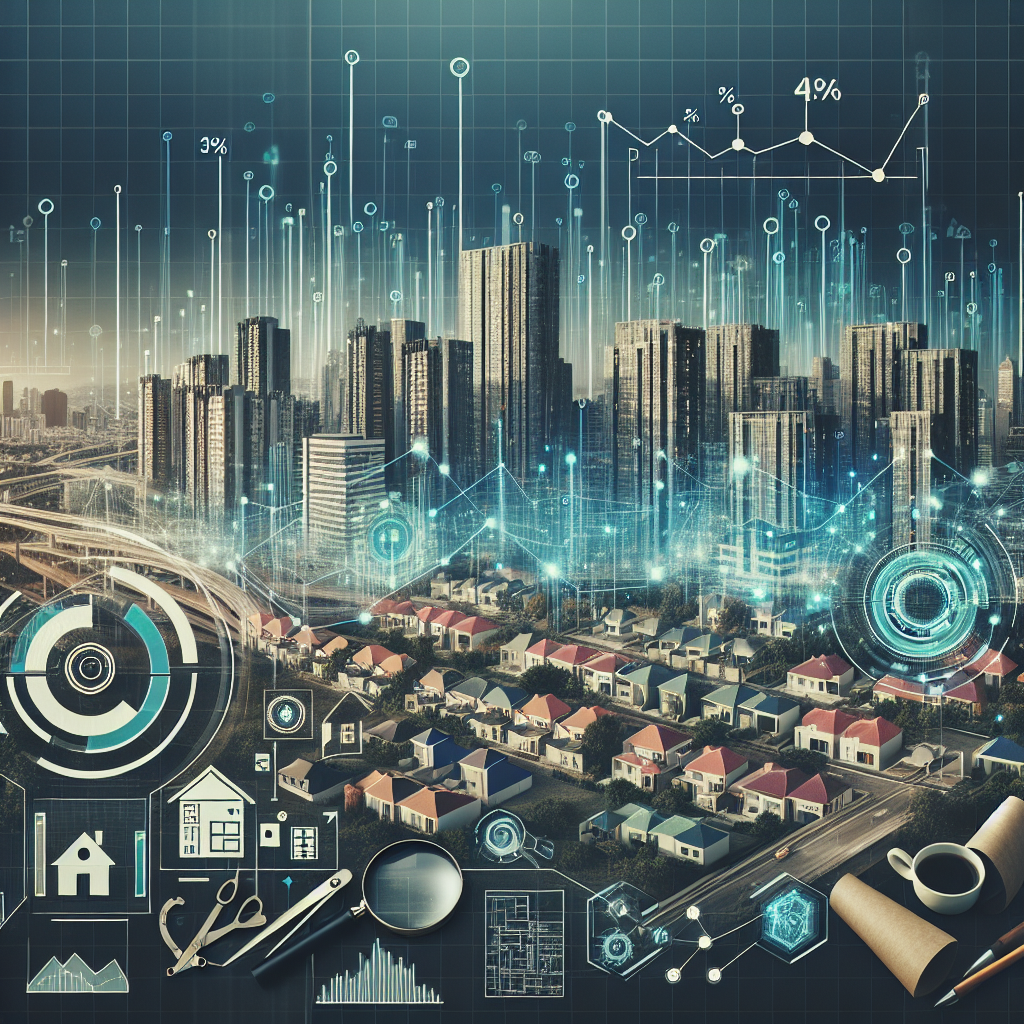Property valuation is an essential aspect of the real estate industry that plays a significant role in determining the value of a property for various purposes such as buying, selling, leasing, or obtaining a mortgage. With advancements in technology and changes in the industry, the future of property valuation is evolving rapidly. In this article, we will explore some of the key trends to watch in the industry.
One of the key trends in the future of property valuation is the increasing use of data analytics and artificial intelligence. With the vast amount of data available in the real estate industry, including market trends, sales history, and property information, data analytics and AI can help property valuers analyze and interpret data more efficiently and accurately. This can lead to more precise valuations and faster turnaround times for clients.
Another trend to watch in the property valuation industry is the use of drone technology for property inspections. Drones can provide aerial views of properties, enabling valuers to assess the condition of the property, its surroundings, and potential risks more effectively. This can lead to better-informed decisions and more accurate valuations.
Furthermore, the rise of blockchain technology is likely to have a significant impact on property valuation in the future. Blockchain technology can streamline the property valuation process by providing a secure and transparent way to record and verify property transactions. This can help reduce fraud and improve trust in the valuation process.
Additionally, with the increasing demand for sustainable and energy-efficient properties, valuers will need to take into account factors such as green building certifications, energy ratings, and environmental impact assessments when valuing properties. This trend highlights the importance of incorporating sustainability factors into property valuations to reflect the changing needs and preferences of buyers and investors.
Moreover, the future of property valuation is also likely to see an increase in the use of virtual reality (VR) and augmented reality (AR) technology. VR and AR can provide clients with immersive and interactive property tours, enabling them to visualize properties in a more engaging and realistic way. This can help valuers showcase properties more effectively and enhance the overall valuation experience for clients.
Another trend to watch in the property valuation industry is the increasing focus on property data accuracy and transparency. Inaccurate or incomplete property data can lead to faulty valuations and potential financial losses for clients. Valuers will need to prioritize data accuracy and transparency to maintain credibility and trust in the valuation process.
In conclusion, the future of property valuation is set to be shaped by advancements in technology, changing industry dynamics, and evolving client demands. By staying informed and adapting to these trends, property valuers can continue to provide reliable and insightful valuations for clients in the dynamic real estate market. It is clear that the future of property valuation is exciting and full of opportunities for innovation and growth.




